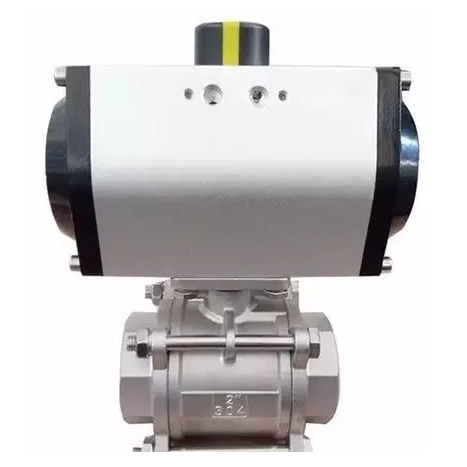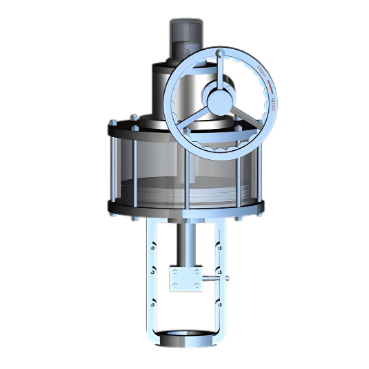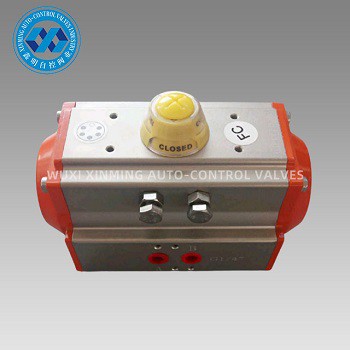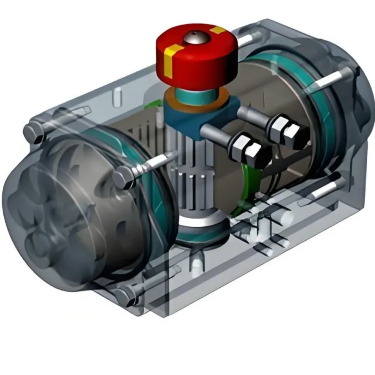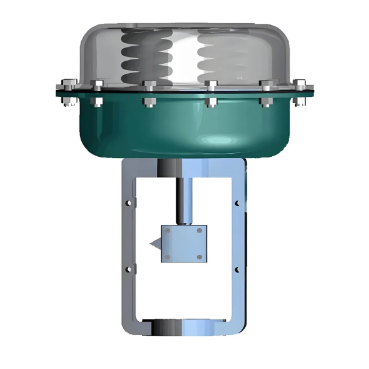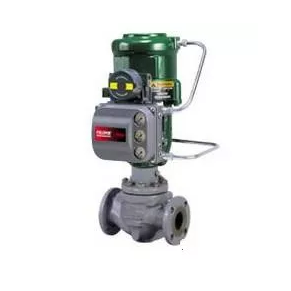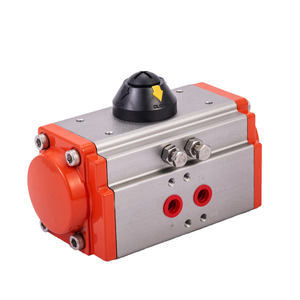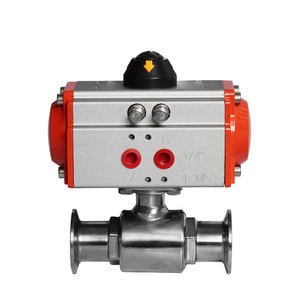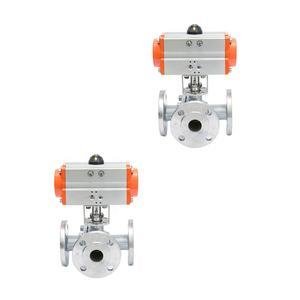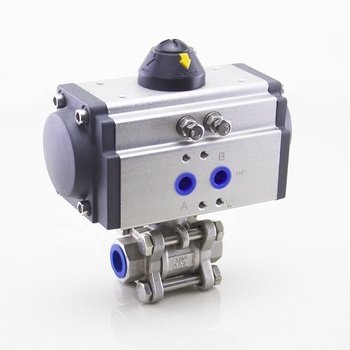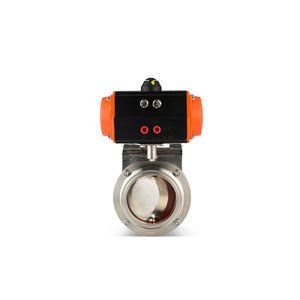In high - temperature environments, the use
of pneumatic valve actuators requires special considerations. Here are some key
points:
Material Selection
The actuator's components should be made of
heat - resistant materials. For example, the body can be made of stainless
steel or high - temperature - resistant alloys, and the seals should be made of
fluororubber or other high - temperature - resistant elastomers to prevent
deformation and leakage caused by high temperatures.
Cooling Measures
Proper cooling methods are often necessary.
This can include using heat - dissipating fins on the actuator body to increase
the heat - dissipation area, or implementing forced air - cooling or water -
cooling systems. These measures help maintain the actuator's temperature within
a reasonable range and prevent overheating.
Lubrication
High - temperature - resistant lubricants
should be used to ensure the smooth operation of the actuator's moving parts.
Ordinary lubricants may lose their effectiveness at high temperatures, leading
to increased friction and wear.
Thermal Expansion Compensation
Designers need to consider the thermal
expansion of the actuator. Appropriate compensation mechanisms, such as
flexible joints or expansion chambers, can be incorporated to accommodate the
dimensional changes caused by high temperatures and prevent damage to the
actuator or interference with its operation.
By taking these factors into account,
pneumatic valve actuators can be effectively used in high - temperature
environments to ensure the reliable operation of valves and the smooth running
of the entire process.
If you want to learn more about low-priced products, please visit the following website: www.xm-valveactuator.com


